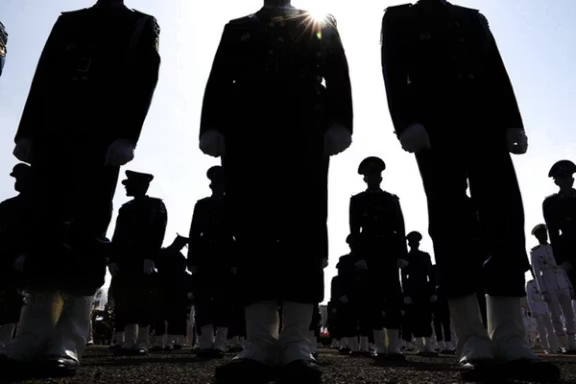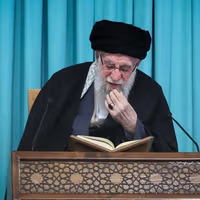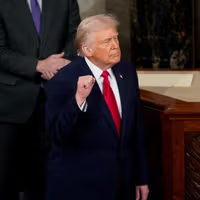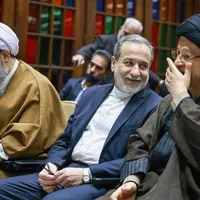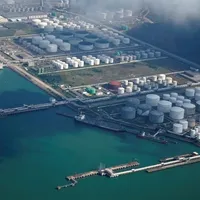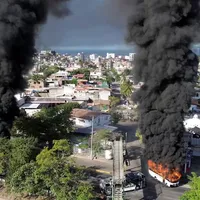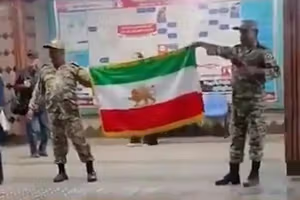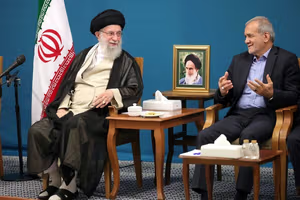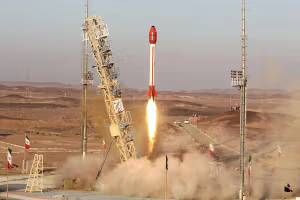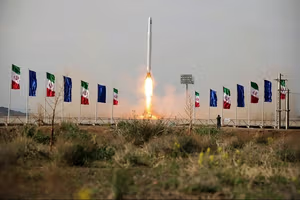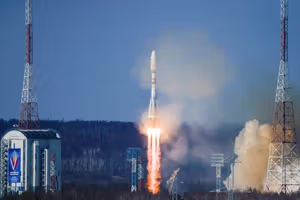Tajzadeh said the constituent assembly is the only way to avert state collapse or violent chaos once Supreme Leader Ali Khamenei is no longer in power.
“As of now there are the likely scenarios: Continuing the status quo (which will lead to gradual “state failure from above”), violent overthrow (likely producing anarchy, foreign intervention and possible territorial break-up), or fundamental structural reform while Khamenei remains alive,” Tajzadeh said in the letter published on his Telegram channel.
Tajzadeh said mass civil disobedience has already defeated the compulsory hijab and internet filtering, and the same strategy can force the government’s hard core, including the Revolutionary Guards and senior clerics, to accept a national referendum and the formation of a constituent assembly.
“The ceiling and floor of constitutional amendments will be determined by representatives elected by the nation in a constituent assembly, who will then submit the new charter to a referendum,” Tajzadeh said.
‘Constitutional revolution'
“The minimum national demand will be the removal of velayat-e faqih (Guardianship of the Islamic Jurist) from the constitution and the end of clerical rule – a failed experiment that has revived the bitter experience of Church domination in the Middle Ages in the modern era,” he added.
Tajzadeh said the path forward would be the model of Iran’s 1905–1911 Constitutional Revolution.
“The only peaceful transition passes through the Constitutional Revolution model: forcing the hard core (including the IRGC and clergy) to accept change while the Leader is still alive,” Tajzadeh said.
“Both preserving the status quo and violent overthrow would lead to the same destination - state collapse, prolonged chaos, foreign intervention, and possible fragmentation of Iran.”
'Chalice of poison'
In the letter titled 'Iran After 12 Days', Tajzadeh said Khamenei "has neither the courage to drink the chalice of poison, nor the bravery to resign."
The phrase "chalice of poison” is one of the most famous metaphors in the political lexicon of the Islamic Republic. It was used by Ayatollah Ruhollah Khomeini in 1988, when he accepted UN Resolution 598 that mandated a ceasefire to end the eight-year Iran–Iraq War.
Tajzadeh said “Khamenei no longer has the power to impose the compulsory hijab on women, nor the capacity to tolerate their freedom to choose. He can neither continue the militarization of the state and the barracks-style governance of society, nor hand over the management of the country to civilians.”
“Khamenei’s refusal to go along with unfolding transformations will not discourage the people from pursuing them; but his confrontation with the nation’s demands will carry unpredictable and extremely dangerous consequences — to the point where it may leave no path to repair the damage caused by his obstinacy.”
The letter, which was released just 13 days after Tajzadeh was rearrested and returned to Evin Prison after a brief furlough, is his clearest roadmap yet for a post-Khamenei Iran.
Tajzadeh, a former deputy interior minister under President Khatami, has been in and out of prison since 2009 for criticizing the Supreme Leader and calling for structural reform.
